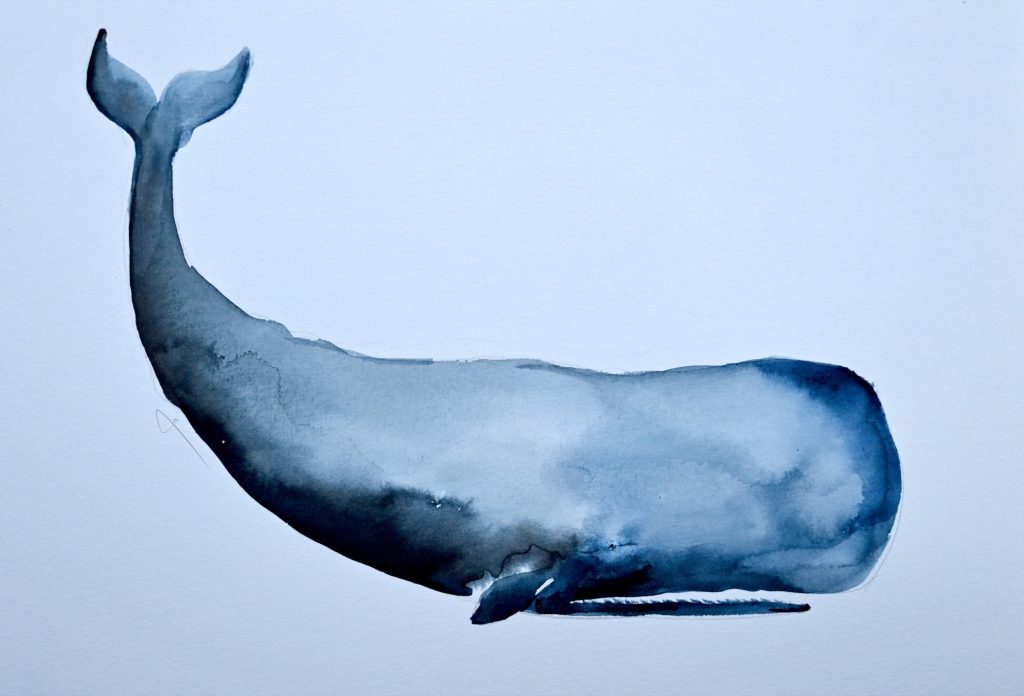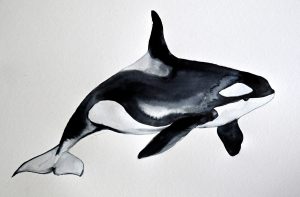CHAIRE "Cancer and Biodiversity"
Cancer is a major cause of death in our modern societies, and more than 40% of individuals are now sooner or later affected by this pathology during their lives (with a death rate of one in four on average, https://www.cancer.org). The massive financial investment allocated to cancer research over the last 50 years has therefore not made it possible to eradicate this disease and although certain cancers are cured much better today, the prevalence of this pathology is expected to increase in the coming decades due to the aging of the population and exposure to a growing number of environmental pollutants. However, cancer does not only affect humans and we now know that this pathology is present throughout all the multicellular branches of the phylogenetic tree of life, from hydras to elephants, suggesting that cancer has been present throughout the evolutionary history of multicellular organisms. Although omnipresent in multicellular organisms and particularly vertebrates, cancerous prevalence are extremely variable between individuals in a population, between populations or between species. The identification of cancer resistance mechanisms at the origin of this variability and shaped by natural selection over time is therefore now a promising new avenue of research with the stated aim of finding mechanisms transposable to the human species and new forms of therapy.
This chaire d’excellence Nouvelle Aquitaine supports a multidisciplinary and integrative project (evolutionary biology, oncology, ecophysiology, bioinformatics, genetics, cell biology) combining an experimental approach in vitro to large-scale comparative analyses in order to: 1) explore the characteristics of vertebrate species associated with greater resistance or susceptibility to cancer; 2) to experimentally study the fundamental mechanisms for tumorigenesis using invertebrate models where the genetic is perfectly known and could be experimentally controlled; and 3) to identify the mechanisms of resistance to cancer of three species of wild vertebrates.

In this context, the marine environment, constitute an ecosystem of major interest since it host species of very large sizes (e.g., whales) with very long lifespans (whales, turtles, dolphins, sharks, seabirds, several species of redfish or bivalves), two characteristics which should theoretically make them more prone to the emergence of cancer. Indeed, the cancerous process is initiated and then progresses via the accumulation of genetic mutations and if each cell division has the same probability of generating mutations, then large species (i.e., with more cells) with longer lifespans (i.e., requiring more cell divisions) should develop more mutations and therefore cancers compared to small species with shorter lifespans. Our data show that this is not the case since marine species such as dolphins, turtles or whales are almost complete resistance to cancer (Compton et al., submitted), thus confirming Peto’s paradox. These species have therefore evolved very powerful cancer resistance mechanisms which scientists could draw inspiration from to develop new innovative therapies.
This project relies on a vast network of multidisciplinary collaborations on a local scale (Hugo Groult and Ingrid Arnaudin (Chemistry and Biochemistry, LIENSs, La Rochelle), in New Aquitaine (Macha Nikolski and Bertrand Daignan-Fornier (bioinformatics and genetics, IBGC, Bordeaux), Thomas Pradeu (philosophy of science, ImmunoConcept, Bordeaux)), national (Bertrand Bed’Hom (cell culture, MNHN, Paris) and Radhia M’Kacher (cellular biology and genetics, Cell Environment, Paris)) and international (David Santamaria (cancer biology, University of Salamanca, Spain), Alex Cagan (Genomics, University of Cambridge, UK)).

